We all know that exercise is the key to good health. But did you know that what you eat before and after exercise has a major impact on how effective your exercise is? Ensuring you get proper nutrition pre and post workout can make all the difference. So, what should you eat before and exercise? It really depends on what kind of exerciser you are: it depends on whether you are a “first thing in the morning” kind of exerciser or “right before bed” or somewhere in between. However, it’s important to understand that there is no right or wrong time to exercise. It’s really what works best in your schedule, what is a routine you can stick with; that’s the best time to exercise for you. For Early Morning Exercisers:
If you’re the kind of person who likes to get up and get your workout in before the day gets in your way, then you may find it difficult to eat something so early. The good news is you don’t have to eat a lot to get a lot of benefit. You just need enough carbohydrates to give you the energy you need for a good workout. Think about it, your body hasn’t had any fuel for at least eight hours; it needs a little something to get it going or you may just end up back in bed. Some good options include:
• If you're exercising within an hour after you wake up, eat around 100-200 (carbohydrate-rich) calories. • Avoid too much fat or protein, since these take longer to digest and can make you feel sluggish during your workout. • Best bets: Whole grain bagel, handful of raisins, banana, fruit juice, toast, crackers, or drinkable yogurt.
For Lunchtime Exercisers:
Working out at lunchtime is a great “pick me up.” It refreshes your mind and body for the afternoon ahead. However, by lunchtime, breakfast is probably a faint memory. In order to avoid hunger pains and fatigue during your noon workout, keep in mind the following:
• One or two hours before your workout, eat a balanced meal that's around 300-400 calories. • Avoid high fat and/or high protein foods, and stick with something that has around 60% carbs, 20% protein and 20% fat. • Best bets: Yogurt, fruit (fresh or dried), or a small bowl of oatmeal, slice of wheat bread with peanut butter.
For After Work Exercisers:
Working out after work is one of the best ways to finish out your day and it definitely makes you less hungry for dinner. But remember, lunch was a long time ago and chances are your body needs some refueling. So before you grab a candy bar on the way out of the office, remember:
• 2-3 hours before you leave work, eat a small, balanced meal that's around 400-500 calories. • Best bets: cheese and crackers, cottage cheese and veggies, fruit with a whole grain muffin, peanut butter/jam sandwich on whole grain bread.
For After Dinner Exercisers:
Admittedly for many of us, squeezing in exercise at the end of the day is really the only time we can. But that’s ok, there’s something so relaxing about going for a run after dinner or a nice long bike ride or taking a yoga class. The concern here is that you’ll be too full to have a really good workout. You just have to plan ahead and remember:
• Wait at least 1 hour after dinner before you exercise (and at least 2 hours before bedtime or you won’t be able to sleep). • Split your dinner in half so you eat half before you exercise and the other half after. • Make dinner one of your smallest meals of the day (making lunch biggest) so you won’t have too much food on your stomach.
Post workout nutrition
So now that you’ve had a great workout, you’re done, right? No, you need to refuel your body. In order for your body to recover, build muscle and metabolise fat, you need to properly refuel your body after you exercise.
People mistakenly think that by not eating after they exercise their body will use stored fat for fuel. This isn’t true. While your body will dip into its glucose stores and perhaps use some stored fat as fuel, it isn’t efficient and as a result you won’t be burning as many calories as you could.
Muscle cells burn more calories at rest, just existing, than fat cells. So the more muscle you have on your body, the more calories your body burns just being. So if you don’t feed your muscles after a workout they won’t grow. So basically, by not refueling, you’ll be missing out. You’ll be leaving money on the table, or in this case, leaving calories unburned.
So, eat within one hour after your workout for best muscle recovery. Your post workout meal should include both protein and carbohydrate. The protein repairs muscle tissues that have been torn during the workout and carbohydrate refuels muscle glycogen that has been used for fuel during the workout. Good options include:
• Skimmed milk, yoghurt and fruit • Toasted muffin or whole grain bread with egg or peanut butter • ½ small pot of cottage cheese with fruit. • Cheese and crackers • Nuts and dried fruit • A “regular” meal with a protein, starch, and cooked vegetable or salad
You've made the effort to exercise on a regular basis. Don’t make those workouts be in vain: feed your body properly and you will see much better results. Remember to eat small, complex carbohydrate-rich foods at least 1-2 hrs before exercising, avoid eating too much protein or fat before you workout, eat protein and carbohydrates to refuel after you exercise and of course, always drink plenty of water so your body can properly digest those important nutrients.


